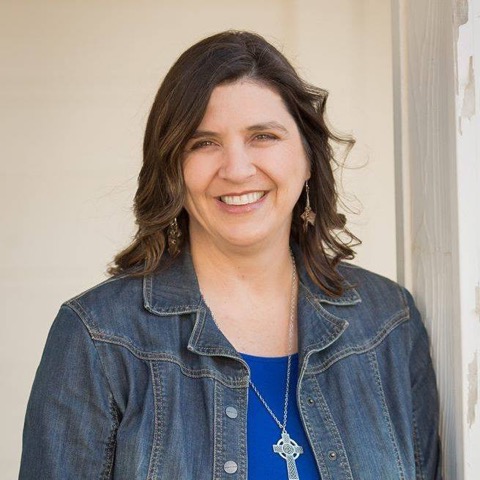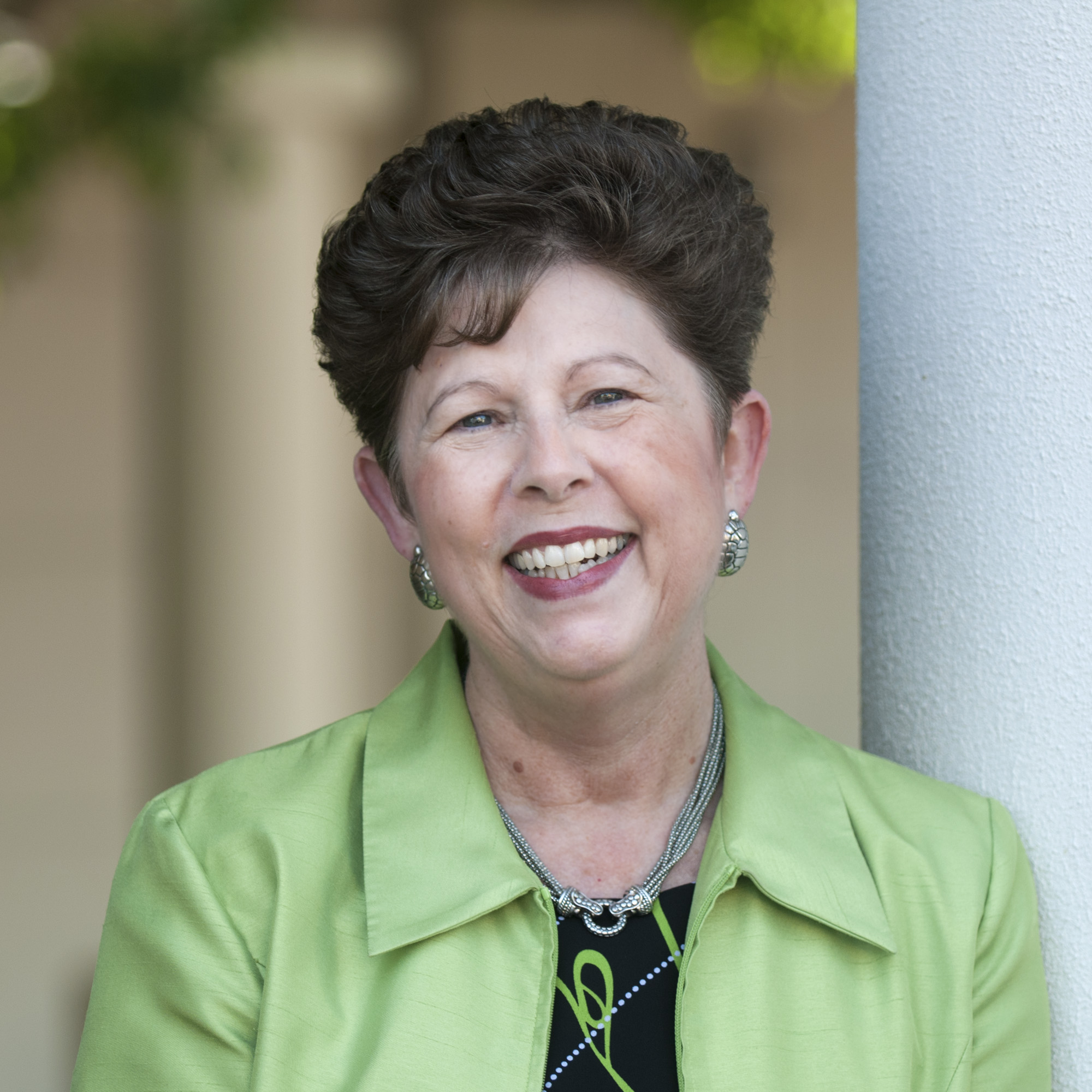The Male Church Leader's Guide to Female Conflict Resolution

Teach women to stop avoiding conflict.
Many women are master avoiders. They see conflict as a threat to relationships, a precious commodity in most women’s lives. Help them understand how avoiding conflict leads to serious consequences that actually endanger relationships instead of preserve them.
Teach women that Matthew 18:15–17 applies to them too
If, after listening to both sides, you see patterns of gossip, avoidance, slander and the like, point women to Matthew 18. Teach them the “pure milk of the Word” even if you think they should already know it. Help them understand that you are not taking sides, but that you are committed to biblical standards and you expect them to be the same. Help them see that their particular controversy is not the exception and that sidestepping Matthew 18:15–17 is sin.
Stay on point
Wounded women tend to wander wherever their emotions take them. Be ruthless in bringing them back to the facts of the issue. Once the facts are clear, give each woman all the time she needs to tell her side of the story and how the situation affected her. Challenge each one to listen without creating responses in her head. Guide the women to mutual empathy and understanding. Ask them to summarize what they are hearing or do so yourself.
Include a trusted woman if appropriate
Sometimes women can hear what men cannot, especially when other women are involved. If you struggle to grasp the intricacies of the situation, consider asking a woman on staff or a female counselor to join you. However, she must be the right woman. She must be neutral, above reproach, and able to keep a confidence. One advantage of bringing women on staff is that they serve as capable partners in the peace process with women.
Exclude spouses if possible
Spouses are usually aware of the dispute, and they should be. But their attendance at the peacemaking table is not a good idea. Most spouses find it almost impossible to remain neutral and their very presence adds an extra level of tension.
Are you a bulldozer?
Forceful, in-your-face male leaders can scare women so much that the peace process is shackled. Do not be timid in your approach, but know that a gentler tone of voice is usually more productive.
When is it over?
How do you know when true reconciliation has been achieved? Your goal is to help each woman understand and empathize with her opponent. Do they both see things through the other’s eyes? If so, you are making progress. Do they each realize how the other feels, and have they both honestly asked for forgiveness? Do you need to hammer out a practical plan together that will pave the way to lasting peace and put the issue to rest?
Follow-up
It is often hard to tell if they have really buried the hatchet. Follow-up questions offered a few weeks or months later may be helpful to ensure that the issue is not bubbling to the surface again, about to erupt. Is the conflict over? Are they moving on? The women will probably appreciate that you cared enough to check up on the status of the issue.
Your reward
Just as Paul instructed a leader in Philippi to intervene in two women’s dispute in their church, God may use you to help women in your ministry make peace. We don’t know the outcome in Philippi. Neither are you guaranteed favorable results. But experience has shown us that when male leaders involve themselves in the process, women listen. Most Christian women highly respect the men who serve God in their church, especially when these men show that they value women as sisters and appreciate their contributions. You can make the difference!
“Brothers and sisters, if a person is discovered in some sin, you who are spiritual restore such a person in a spirit of gentleness. Pay close attention to yourselves, so that you are not tempted too.”
Kelley Mathews (ThM, 2000) served for several years as the Women’s Ministry Director at Rowlett Bible Fellowship. Dr. Sue Edwards (MA[BS], 1989) is Assistant Professor of Christian Education at Dallas Theological Seminary. Together they are the authors of New Doors in Ministry to Women; Women’s Retreats: A Creative Planning Guide; and Leading Women Who Wound, from which this article is adapted.
About the Contributors

Kelley M. Mathews
Kelley Mathews (Th.M., Dallas Theological Seminary) is an author, editor, and writer for RightNow Media. Currently pursuing her Doctor of Ministry at Houston Theological Seminary, she lives with her husband, John, and their children in North Texas.

Sue G. Edwards
Dr. Edwards’s heartbeat is to reinforce ministry partnerships between men and women, which strengthen church and parachurch organizations locally and worldwide. She has over forty years of experience in Bible teaching, educational ministries, leading ministry to women, retreat and conference speaking, training teams and teachers, overseeing staff, and writing curriculum. As former minister to women at her local church she experienced healthy men and women partnerships on staff, and her passion is to pass on what she has learned. She is the author of “The Discover Together Series”, currently providing thirteen inductive Bible studies for women (www.discovertogetherseries.com), co-author of five leadership books for women, and co-editor of “Invitation to Educational Ministry, Foundations of Transformative Christian Education.” Dr. Edwards’s research and teaching interests include coaching and instructing women to teach the Bible and organic mentoring. Married to David for forty-six years, she especially enjoys romping with their five grandchildren and their two west highland terriers.

